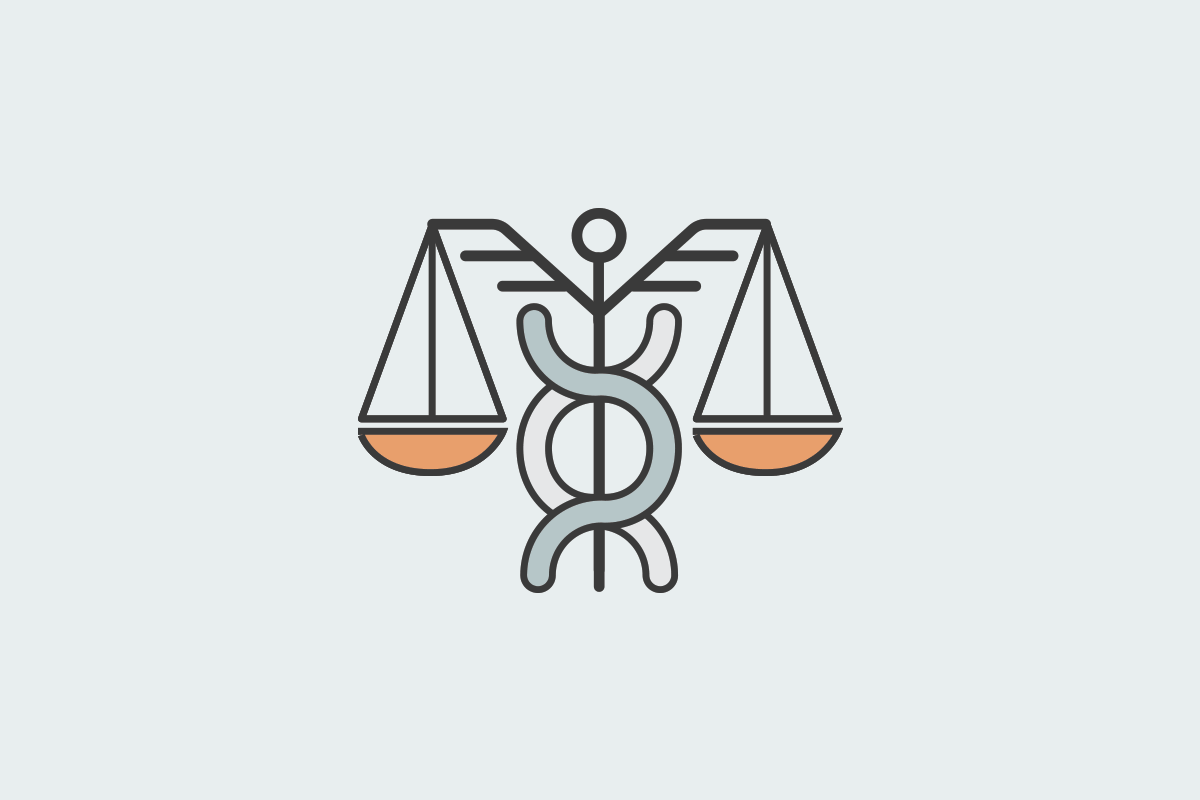During the COVID-19 pandemic, people spent a lot of time isolated and indoors, which helped foster an environment where some people now feel lonelier than ever. The result is a loss of social connectedness—the degree to which people feel the social connections and relationships in their lives to satisfy their wants and needs. When social…
Your Welcoa membership has expired.
Are HRAs and Biometric Screens “Medical Benefits” Under ERISA? Why Should Employers Care if They Are?
The following article does NOT constitute legal advice and should not be used as such. It is for educational purposes only. Readers should retain legal counsel to obtain definitive answers.
Whether employer-provided biometric screens and/or health risk assessments (HRAs) qualify as “medical care” is important because a number of federal laws apply to employer-sponsored plans that provide “medical care” or “medical benefits” to employees. For example, section 3 of the Employee Retirement Income Security Act of 1974 (ERISA) defines “employee welfare benefit plan,” in relevant part, as a plan or program established or maintained by an employer for the purpose of providing participants through the purchase of insurance or otherwise, medical-surgical, or hospital care or benefits, or benefits in the event of sickness, accident, or disability. ERISA § 3(1).
Looking at the ERISA definition, it is not immediately clear whether biometric screens or HRAs provided through a typical employee wellness program would be considered an employee welfare benefit plan and therefore, subject to ERISA compliance. This author has not been able to find any definitive guidance from the Department of Labor, the federal agency in charge of ERISA compliance, opining on whether biometric screens and HRAs qualify as medical benefits when offered through an employee wellness program.
One could argue that neither biometric screens nor HRAs are benefits in the event of “sickness, accident, or disability.” So, are biometric screens or HRAs provided by the employer for the purpose of providing participants “medical benefits?” I would argue that in the many employee wellness programs I have encountered, the purpose of providing employees with HRAs and biometric screens is for data collection, not medical benefits. Employers often use HRAs and biometric screens to get a baseline measurement of their employee’s health and from there, can determine other types of benefits and programming that their employee population needs to improve their overall health (and ultimately reduce medical spending and/or boost productivity).
Particularly if you pair the biometric screens or HRAs with a health coaching session as a follow-up to discuss results, the employer should not be considering the service as a medical benefit. Doing so is admitting that the health coach is practicing medicine, which they are not licensed to do (which we have resources about). Specifically, it is not within a health coach’s scope of practice to diagnose or treat underlying health conditions. Reviewing the results of a biometric screen or HRA and then coming up with a plan of action to address potential underlying conditions is legally risky for the health coach, as the employee may see the health coach as delivering health services.
Thus, to stay within a health coach’s scope, the coach could encourage the employee to discuss the results of the biometric screen or HRA with their medical provider and to come back and see the coach for support and encouragement to make lifestyle changes. But it is doubtful such a service is a medical benefit.
Why Should Employers Care if Biometric Screens or HRAs Qualify as a Medical Benefit?
If biometric screens and/or HRAs qualify as medical benefits, then those benefits qualify as an employee welfare benefit plan under ERISA. Whether those benefits are part of a larger group health plan or offered to all employees regardless of group health plan enrollment status, the employer would need to comply with various ERISA requirements. Those requirements include ERISA Parts 1, and 4-6.
ERISA Parts 1, 4-6 cover the following requirements:
- Reporting and Disclosure, such as filing Form 5500 annual reports, being included in the plan’s Summary Plan Description, and record retention requirements
- Fiduciary Responsibility
- Criminal and Civil Enforcement Procedures
- Continuation Coverage (i.e., COBRA requirements)
It is to the employer’s benefit to exclude biometric screens and HRAs from employee welfare benefit plan status. Excluding these wellness program services from ERISA compliance means the employer does not have to worry about offering the biometric screens and HRAs to employees who leave the company, or worry about meeting the various reporting requirements. As a result, to the extent an employer can argue that biometric screens and HRAs do not qualify as medical benefits, and we believe there is a pathway for them to do so, the employer can relieve themselves of another compliance hurdle.
If you found this information helpful and want to learn more about health and wellness law, check out our other legal blogs and trainings.
If you have questions about wellness program compliance, visit the WELCOA Legal Help Desk or if you’re looking for further legal guidance, contact the Center for Health and Wellness Law, LLC.

Barbara J. Zabawa
President of the Center for Health and Wellness Law, LLC
wellnesslaw.com
Health Promotion Program Legal Updates*
Every 3rd Wednesday from 10:00–11:00 AM CT
*This is an exclusive WELCOA Member Resource.




